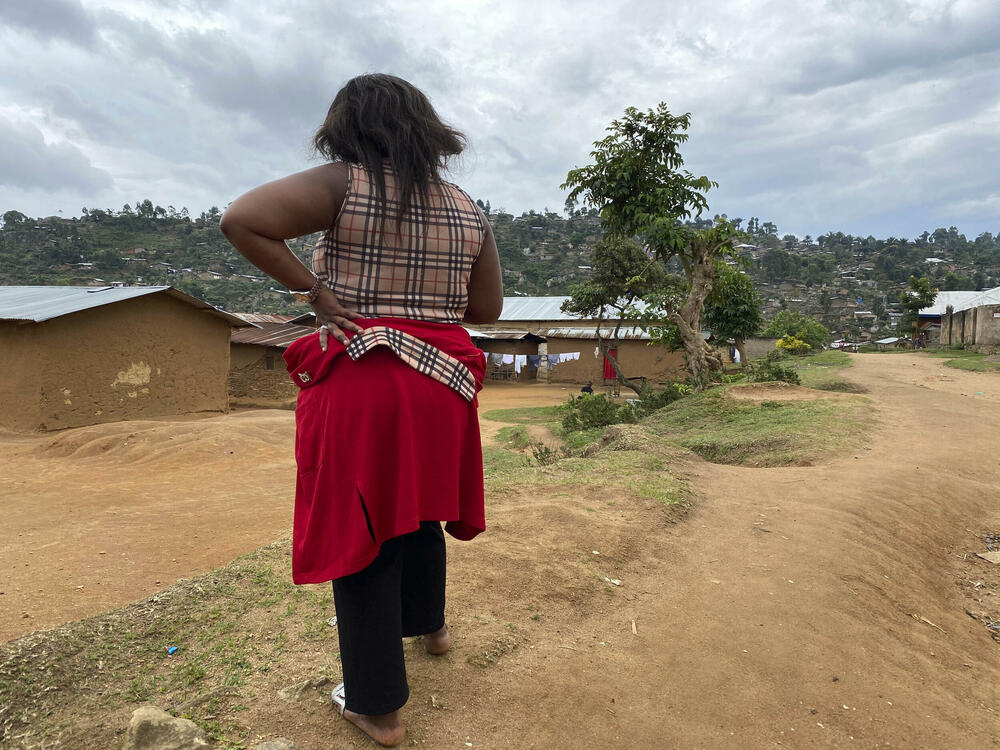By Michael Oleksyn, Local Journalism Initiative ReporterPrince Albert Daily Herald
Sun., Oct. 3, 2021timer2 min. read
The Ministry of Education launched a new one-time grant program on Thursday to support students learning about truth and reconciliation.
Provincial school divisions, historical high schools and qualified independent schools can apply for up to $5,000 to work with local Indigenous communities to implement actions to advance reconciliation throughout the 2021-22 school year.
“These grants provide a chance for Saskatchewan schools to come together with Indigenous communities to have a meaningful dialogue in the spirit of reconciliation,” Education Minister Dustin Duncan said in a release.
“It is vital we acknowledge the tragic legacy of residential schools and provide Saskatchewan residents with opportunities to learn about our shared history as part of our commitment to building our province.”
The Ministry of Education is providing roughly $100,000 in total for these grants. All provincial school divisions, qualified independent schools and historical high schools are eligible to apply. The deadline for applications is November 5, 2021.Further details about the application process will be available in the coming days.
Duncan said the grants will allow school divisions, historical high schools and qualified independent schools to work directly with Indigenous communities across Saskatchewan. That way they can build relationships and to continue work toward addressing the Truth and Reconciliation Calls to Action.
It is expected that the actions will create opportunities for students, staff and Indigenous communities to plan and learn together and to implement actions to advance reconciliation.
“Residential schools only closed here in this province in 1996,” Treaty Commissioner Mary Culbertson said. “We are surrounded by survivors, and intergenerational survivors, of all ages. Their experiences must be honoured and it is our generation today – and our next generations that are in our schools – that will carry forward the understanding and education about these experiences and these systems that have caused such devastating effects on culture, language, identity and families.
Reconciliation is about the truth, repairing relationships and building relationships. Without the truth, there can be no reconciliation. Building relationships is vital to the restoration of Treaty relationships in this province.“
September 30 was announced federally as the National Day for Truth and Reconciliation in June of this year. This day provides a valuable opportunity to reflect on the lasting impact Canada’s residential school system has on communities, as well as acknowledging the experiences of former students and their loved ones.
September 30 is also Orange Shirt Day in the province, officially proclaimed by the Government of Saskatchewan since 2016. It commemorates the story of residential school survivor Phyllis Webstad. When Phyllis was six-years-old she wore an orange shirt for her first day at St. Joseph Mission residential school. The shirt was quickly taken away from her and replaced with the school’s institutional uniform. Today, people across our province wear orange on September 30 to support residential school survivors and recognize their experiences.
The Government of Saskatchewan is committed to reconciliation, to ensuring that the tragic history and ongoing legacy of residential schools is acknowledged and Saskatchewan residents have opportunities to learn about and from this part of our shared history.
Note: This article have been indexed to our site. We do not claim legitimacy, ownership or copyright of any of the content above. To see the article at original source Click Here












